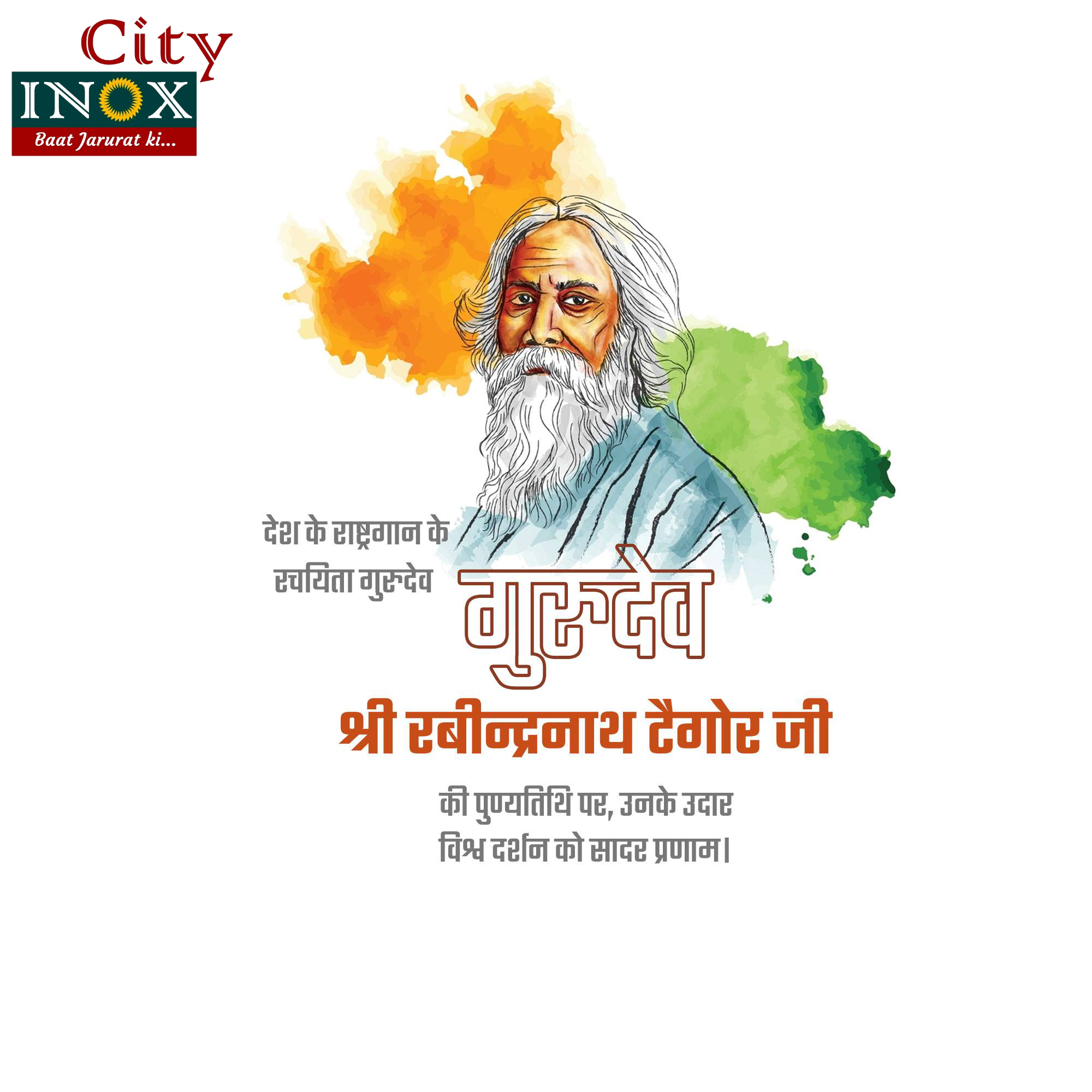Rabindranath Tagore. The name is enough to evoke a myriad of emotions in the hearts of Indians. The Noble Laureate was a profound thinker and a keen observer, putting his thoughts into wonderful and mesmerising literary works. The world recognises him as a poet, composer, playwright, painter and social reformer. His iconic poetry collection Gitanjali, featuring over 150 poems, redefined the meaning of Indian literature.
On the occasion of Rabindranath Tagore’s death anniversary today, August 7, let us rewind the clock and witness some of the top quotes, impressive plays and 10 interesting facts about the Bard of Bengal.
Rabindranath Tagore’s 83rd Death Anniversary: 10 Quotes
1-If I can’t make it through one door, I’ll go through another door- or I’ll make a door. Something terrific will come no matter how dark the present
2-You cannot cross the sea merely by standing and staring at the water
3-Most people believe the mind to be a mirror, more or less accurately reflecting the world outside them, not realizing on the contrary that the mind is itself the principal element of creation
4-A mind with all logic is like a knife with all blades. It makes the hand bleed that uses it
5-Do not say, ‘It is morning,’ and dismiss it with a name of yesterday. See it for the first time as a newborn child that has no name.
6-It is very simple to be happy, but it is very difficult to be simple.
7-Faith is the bird that feels the light when the dawn is still dark.
8-Clouds come floating into my life, no longer to carry rain or usher storms, but to add color to my sunset sky.
9-Let me not pray to be sheltered from dangers, but to be fearless in facing them. Let me not beg for the stilling of my pain, but for the heart to conquer it
10-I slept and dreamt that life was joy. I awoke and saw that life was service. I acted and behold, service was joy.
Rabindranath Tagore’s Iconic Plays
- Autumn FestivalThe play was originally published in Bengali by the name Sharadotsab in 1908. In the play, Rabindranath Tagore addressed man’s eternal quest and his inward-and-outward journey. It is filled with deeper meanings and symbolic connotations. The story revolves around some mystical activities happening in a forest near River Betasini, visited by a mysterious monk on the eve of the Autumn Festival.
- ChitrangadaThis dance-drama first published in 1892 was a lyrical expression of love, illusion and conquest. The main character was Chitrangada, a mythological princess of Manipur and one of the wives of Arjuna. Women’s empowerment and individuality are some of the concepts that were explored in the play.
- The Post OfficeThe Post Office, published in 1912, revolves around a child named Amal, suffering from an incurable disease and is confined to his adoptive uncle’s home. Rabindranath Tagore, who has witnessed the deaths of his loved ones in his long life has kept the concept of death in this play. Embedded with multiple allegories and symbolism, The play also focuses on the concept of death as a release from the physical and spiritual realm.
10 Interesting Facts About Rabindranath Tagore
- Rabindranath Tagore started writing poems at the young age of eight. He published his first book under the pseudonym Bhanusiṃha when he was 16.
- Rabindranath Tagore penned his first play Valmiki Pratibha when he was just 20 years old. It was performed at his residence — Jorasanko Thakurbar where Rabindranath essayed the role of Valmiki.
- When Rabindranath Tagore translated Gitanjali, the celebrated English poet W.B. Yeats wrote the preface to it.
- Once, Rabindranath Tagore was invited to Albert Einstein’s house in Caputh in 1930 where the two had deep discussions on science and religion.
- As a form of protest to the British rule after the Jallianwala Bagh massacre, Tagore declined his Knighthood title on May 31, 1919.
- Tagore is the first Asian and non-European who was honoured with the Nobel Prize in Literature.
- He gave away his Nobel Prize money to build the Visva-Bharati University in Shantiniketan.
- Rabindranath Tagore spent long periods away from India from 1912
- Rabindranath Tagore is widely regarded as the creator of Sri Lanka’s national anthem Sri Lanka Matha. It is speculated that Sri Lanka’s national anthem is based on Tagore’s poem. His original work was translated into Sinhalese.
- He had also founded an experimental school—Shantiniketan— in rural West Bengal at Shantiniketan.


